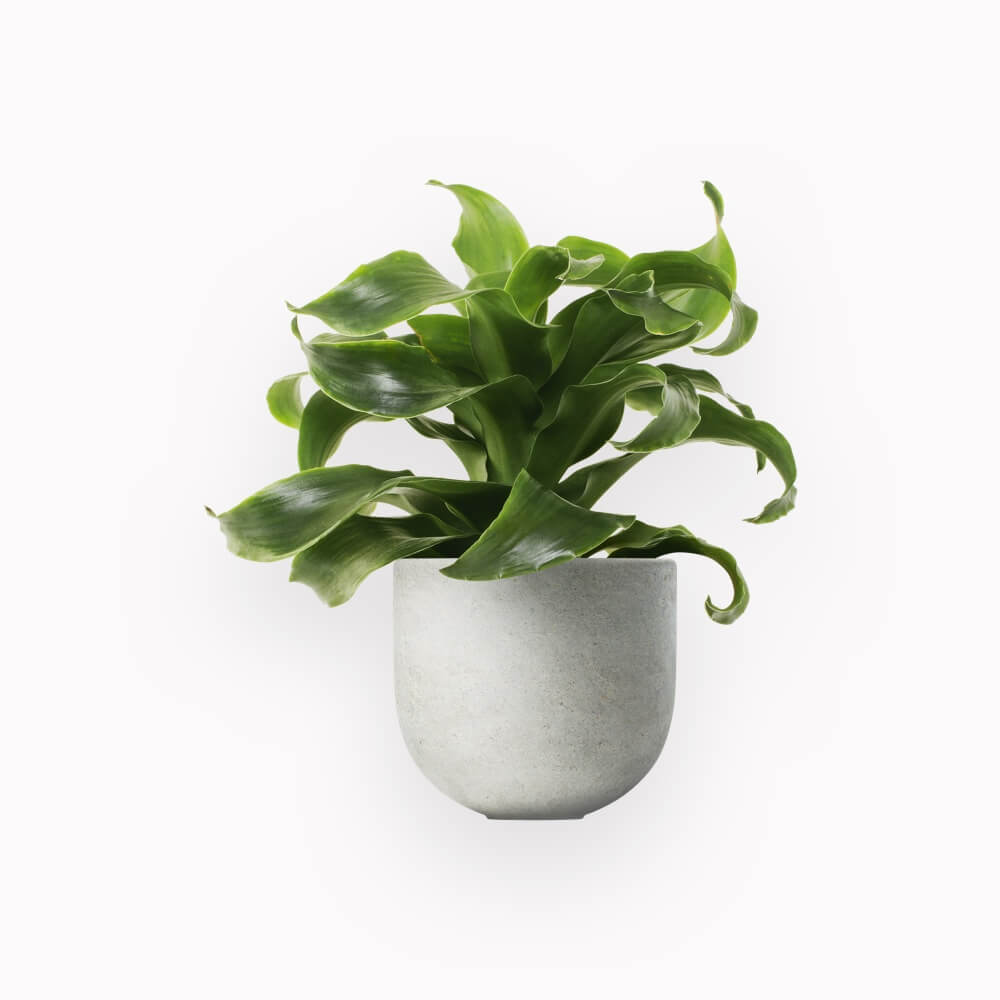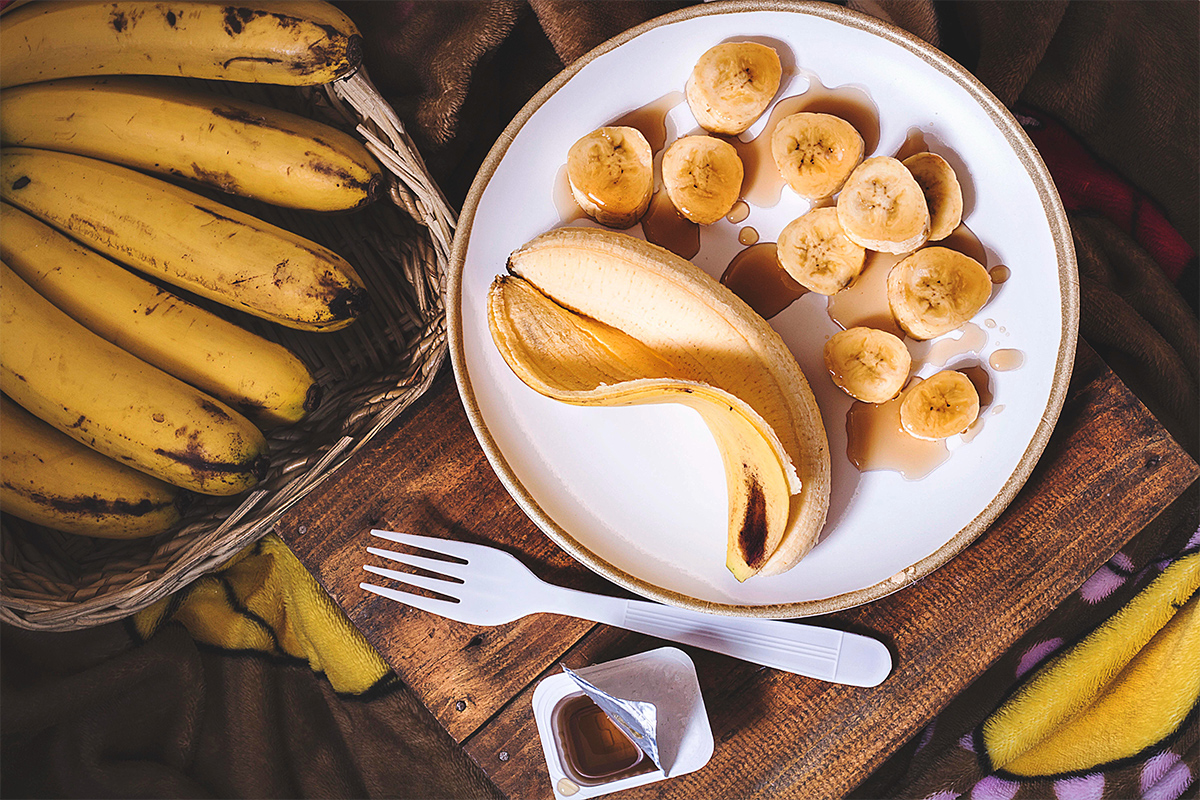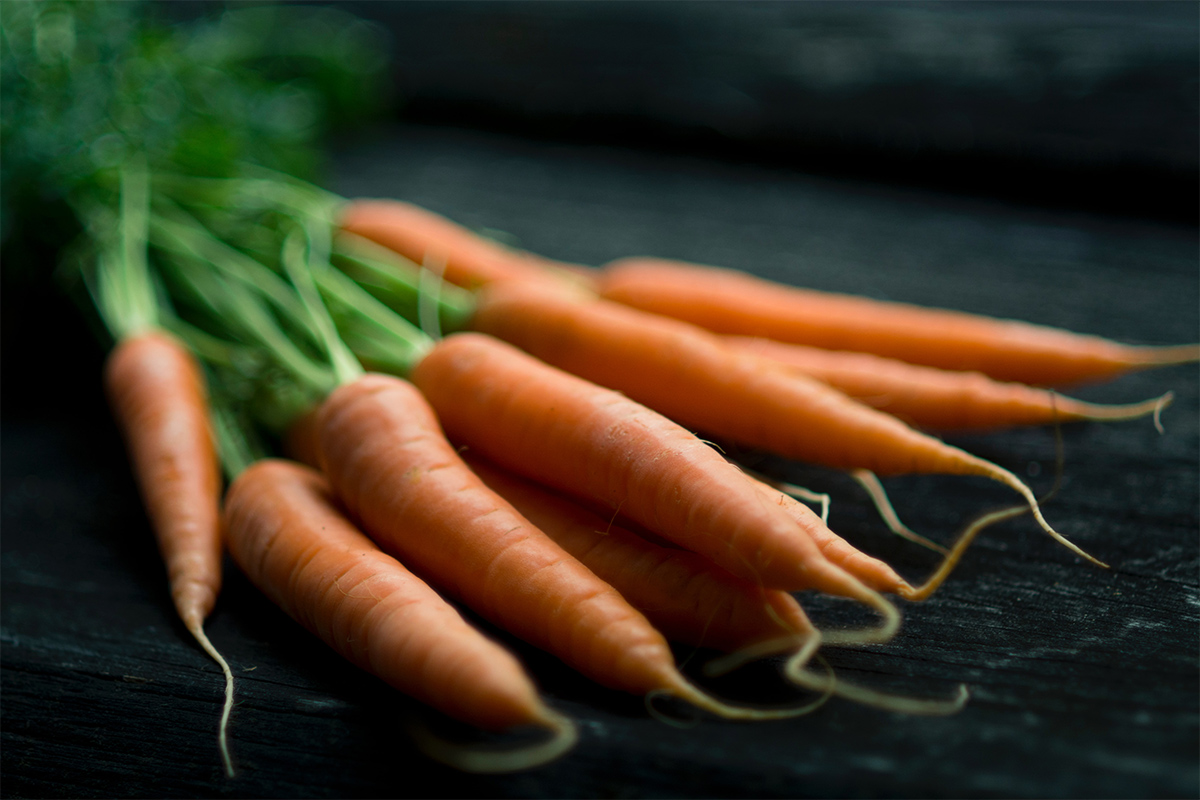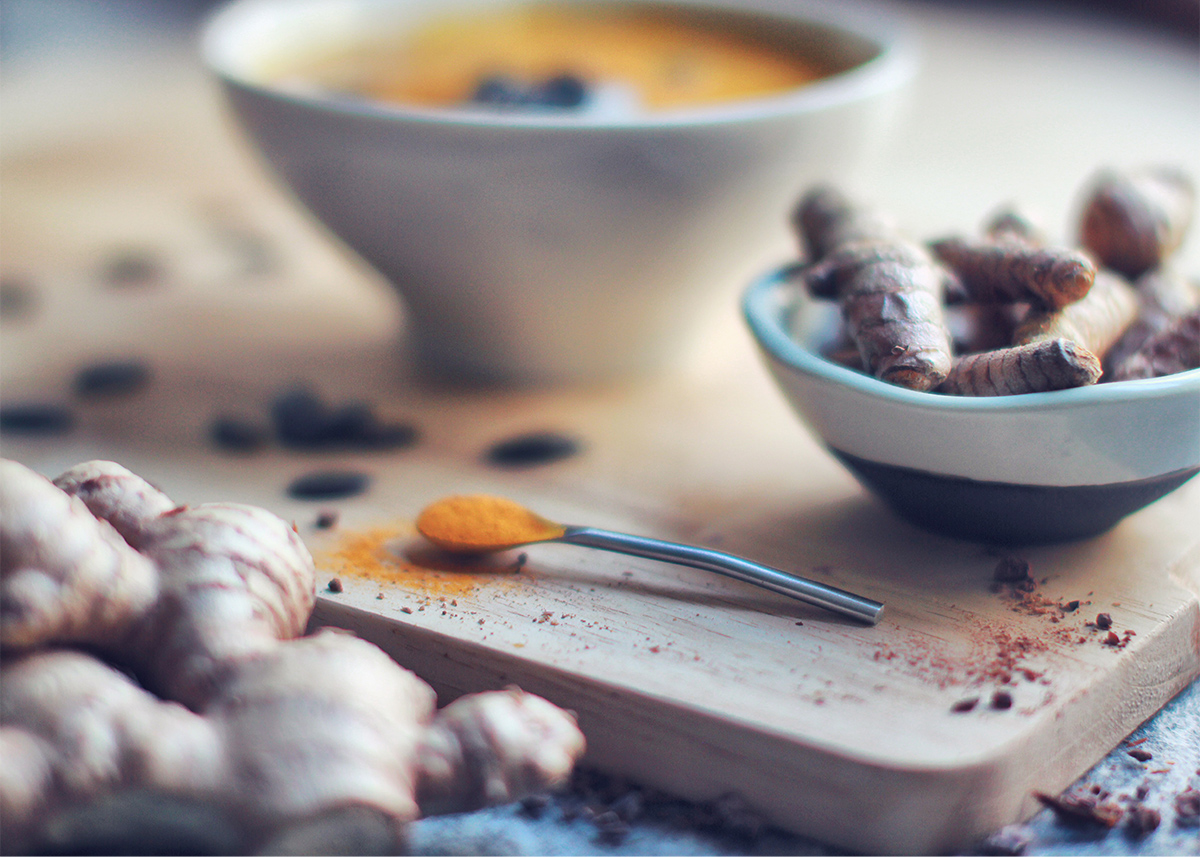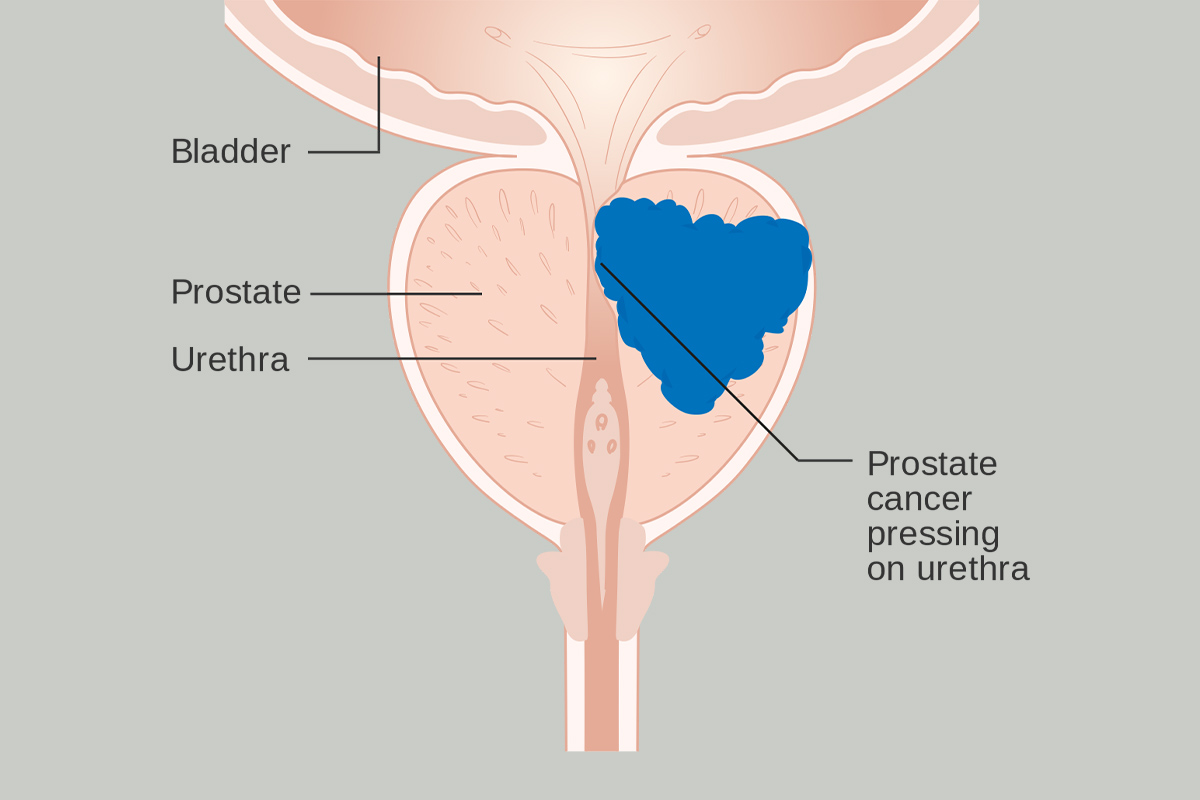It has been observed that the vast improvement in health and wellbeing in the developed countries of Europe and America was not a result of better medication, more hospitals or medical breakthrough. Instead, it was more a result of disease-preventing habits such as improved hygiene, good drainage systems, and good dietary habits. Evidence from surveys has shown that many of the prevalent diseases can be prevented and managed through proper health education, healthy dietary habits, and physical exercise. What Africa needs are not necessarily more hospitals, more sophisticated diagnostic equipment or more aggressive drugs. Instead, Africa needs more health educationists, more nutritionists, more health counselors, and more preventive health care specialists. After all, prevention is better than cure.
It is not true that people patronize traditional/alternative medicine because they are too poor to afford modern medicine. 39% of French doctors and 20% of German doctors prescribe alternative medicines. More than 40% of British general practitioners refer patients to alternative medicine practitioners, especially homeopathic doctors, and 45% of Dutch physicians consider alternative remedies effective. Recognizing that over 50% of its population is using homeopathy, herbal medicine, and other natural healing therapies, Canada established the Office of Natural Health Products in March 1999. The right to choose one’s preferred health system is as fundamental as the right to free speech and must be respected by responsible governments.
It was to document and preserve our African indigenous knowledge that I, Anselm Adodo, published my book titled Nature Power in the year 2000. At that time, the practice of herbal medicine in Nigeria and in most parts of Africa was identified with witchcraft, sorcery, ritualism and all sorts of fetish practices. Because herbal medicine was associated with paganism, many African Christians secretly patronized traditional healers, and the educated elite and religious figures did not want to be associated in any way with traditional African Medicine. Nature Power, like a lonely voice in a wilderness, was written to correct them is a conception that African Herbal medicine is synonymous with paganism, ritualism, and fetishism.
Since its publication, Nature Power has been reprinted and revised more than eight times. It has contributed immensely in changing the attitudes of both the Government and Christians towards the practice of herbal medicine. Nature Power has also helped to show that health is more than an absence of disease. Health is wholeness of mind, soul and body. It is said that knowledge is power. True enough. But knowledge is power only when it is relevant and makes a difference in the lives of people.
In the year 2013, I, Sebastian Liew, published my first book titled: Leaf to Life (now edited and renamed as Leaf to life: The Natural Approach to Slow Down Aging and Living a Healing Life). Although this is the first book on natural health written by a Singaporean, it was no easy task to promote the concept. We in Singapore are so used to conventional/allopathic approach to treating diseases using screenings and drugs, that we lost the intuition and knowledge to heal ourselves. I wanted to share a natural health care system that is the most cost-effective, drug-free, sustainable and empowering as a way to master chronic aging, stress, and disease prevention. The Leaf to Life health care system is lifestyle medicine in action. And lifestyle medicine is true preventive medicine.
In Singapore, the government provides advanced and good medical care. Nevertheless, we have one of the highest rates of diabetes in the world and cancer remains the top cause of death, particularly breast, colon, and lung cancer. Cancer cases have risen by 17% since the year 2010. The rapidly aging population in Singapore may worsen the situation as the risk of diseases increases with age. The ever-increasing cost of medical care worries many.
The government doesrecognize the need for preventive care. However, preventive care is mainly focused on regular physician check-up and health screenings, and vaccination. We know that regular checkup and screenings do not actually improve one’s health. It is a form of health diagnostics to identify illnesses (if any) for possible utilization of costly treatment services. Also, many chronic diseases are a result of mismanagement of acute diseases, resulting in overuse of unnecessary suppressive medications, without solving the root cause of diseases. In Singapore, most people, including children, suffer from side-effects of prescription drugs. For example, many elderly people are taking statin drugs for cholesterol, even though their cholesterol profile is balanced. Yet, drugs are prescribed for them ‘just in case.’
True prevention requires a lifelong habit of adopting not only lifestyle practices that favour better health, such as exercise, eat a healthy diet, etc., but also our mind, and soul health. The health authorities do implement healthy eating and exercise programmes for the community, at large. In my observation, the results are minimal. This is because lifestyle changes are not easy for many and are very personal.
I, Sebastian, introduced Western herbal medicine or phytotherapy into Singapore in 2004. However, the discipline is still considered in its infancy. Many people, especially the more educated and younger population turn to complimentary Medicine (CM) for personal health and disease treatment. My clinical practice has grown over the years mainly by word of mouth with no support from the media nor the authorities. This shows that despite discouragements, and obstacles, people are looking for alternatives because they get satisfactory results.
The complexity of the human person requires other forms of CM, such as naturopathy, Western herbal medicine, traditional Asian medicine, homeopathy etc., to meet the health needs of the people of very diverse complexity. Unfortunately, the authorities in Singapore do not take CM work seriously, and neither are medical doctors. There is presently no official dialogue between CM and the authorities and no incentive to collaborate.
At the end of the day, we will discover that the dichotomy between traditional Medicine/Alternative/Complementary Medicine and Modern/allopathic medicine is superficial. In fact, the distinction is based more on cultural and socio-political dynamics than on science. The World Health Organization has said that traditional medicine differs from the “modern” or “western” medicine not in terms of goals or effects but in terms of their underlying cultures and historical contexts. Viewed from this perspective, the World Health Organization noted that: “all medicine is modern in so far as it is satisfactorily directed towards the common goal of providing health care, despite the setting in time, place and culture.”
It is therefore natural that we (Anselm, a Nigerian herbal practitioner, and Sebastian, a Singaporean Herbal/Holistic health specialist), speak the same language: Nature, health and well-being. Indeed, all medicine is one.
